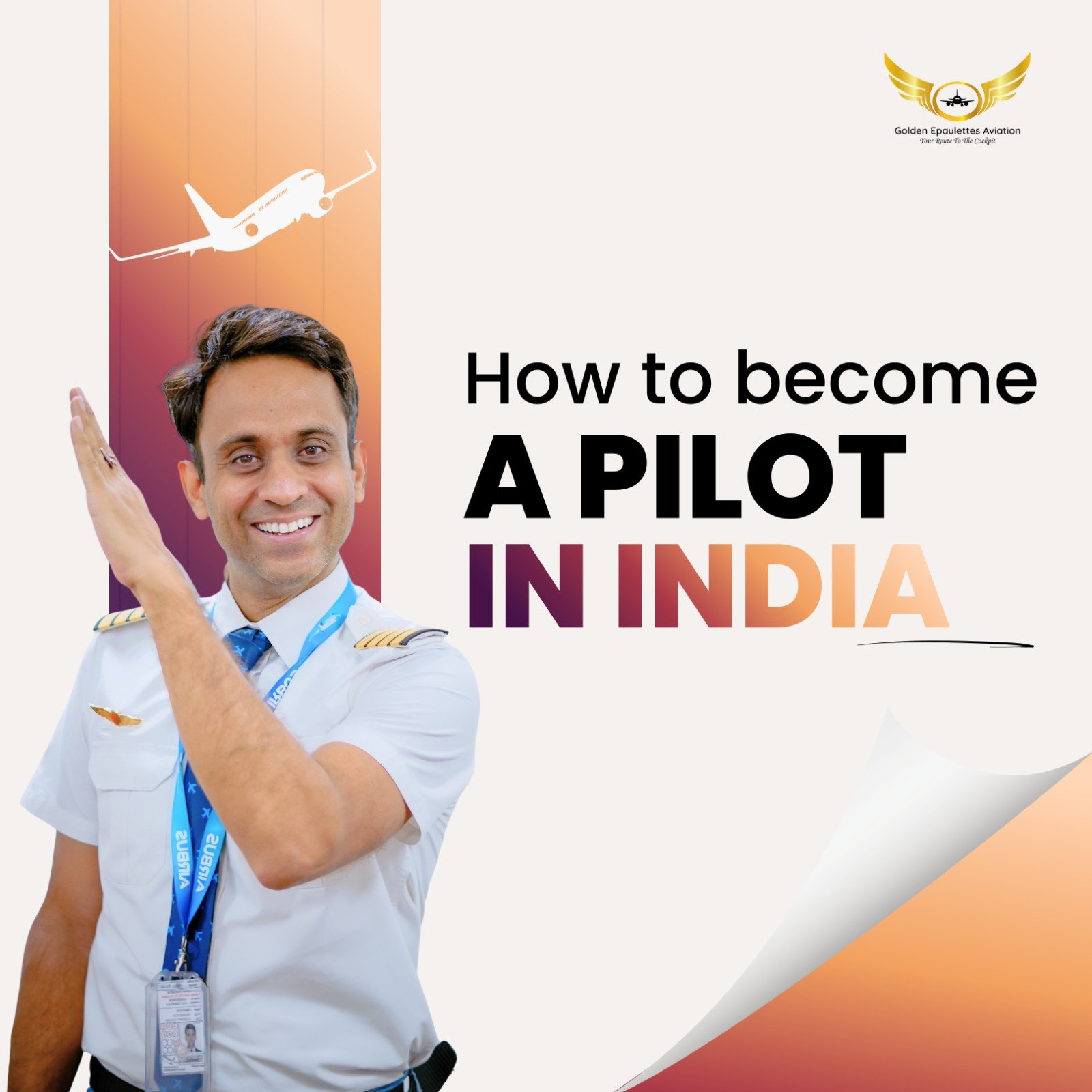Content will be added soon
Blog
•
13 Mar 2023
Skyborne Cadet Pilot Program Preparation: Tips & Study Guide
Preparing for the SkyBorne Cadet Pilot Program
K
Kevin
Author

